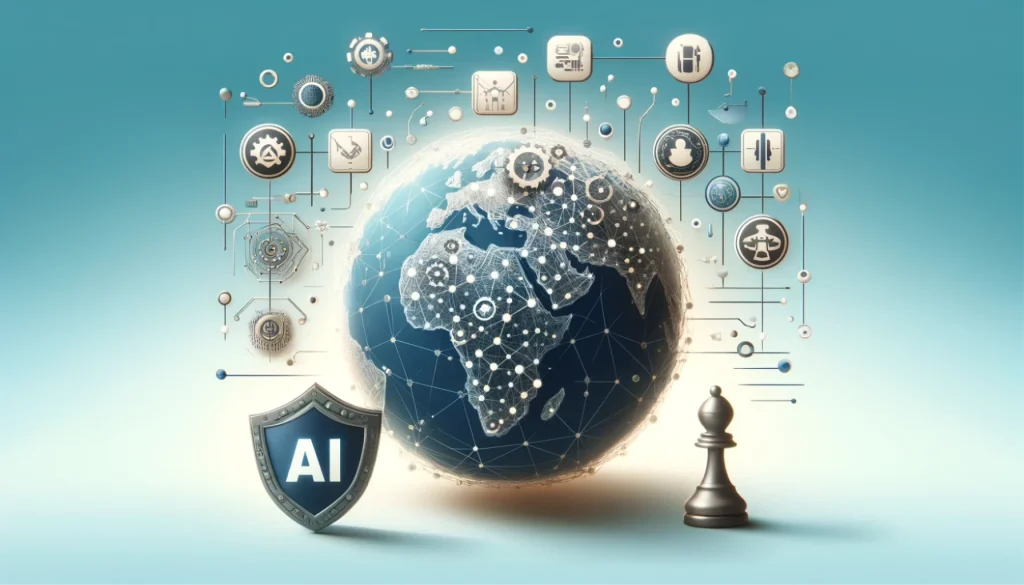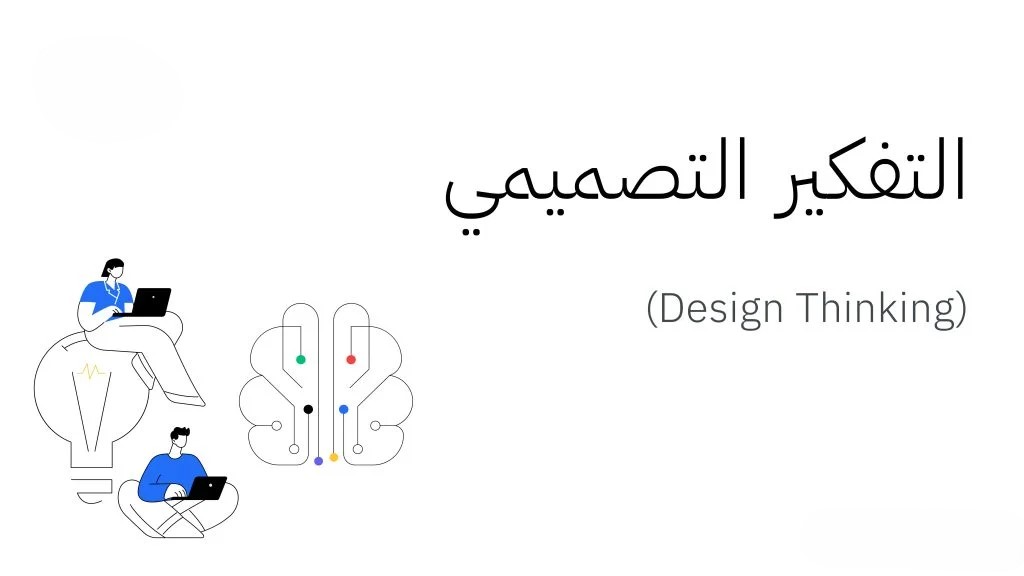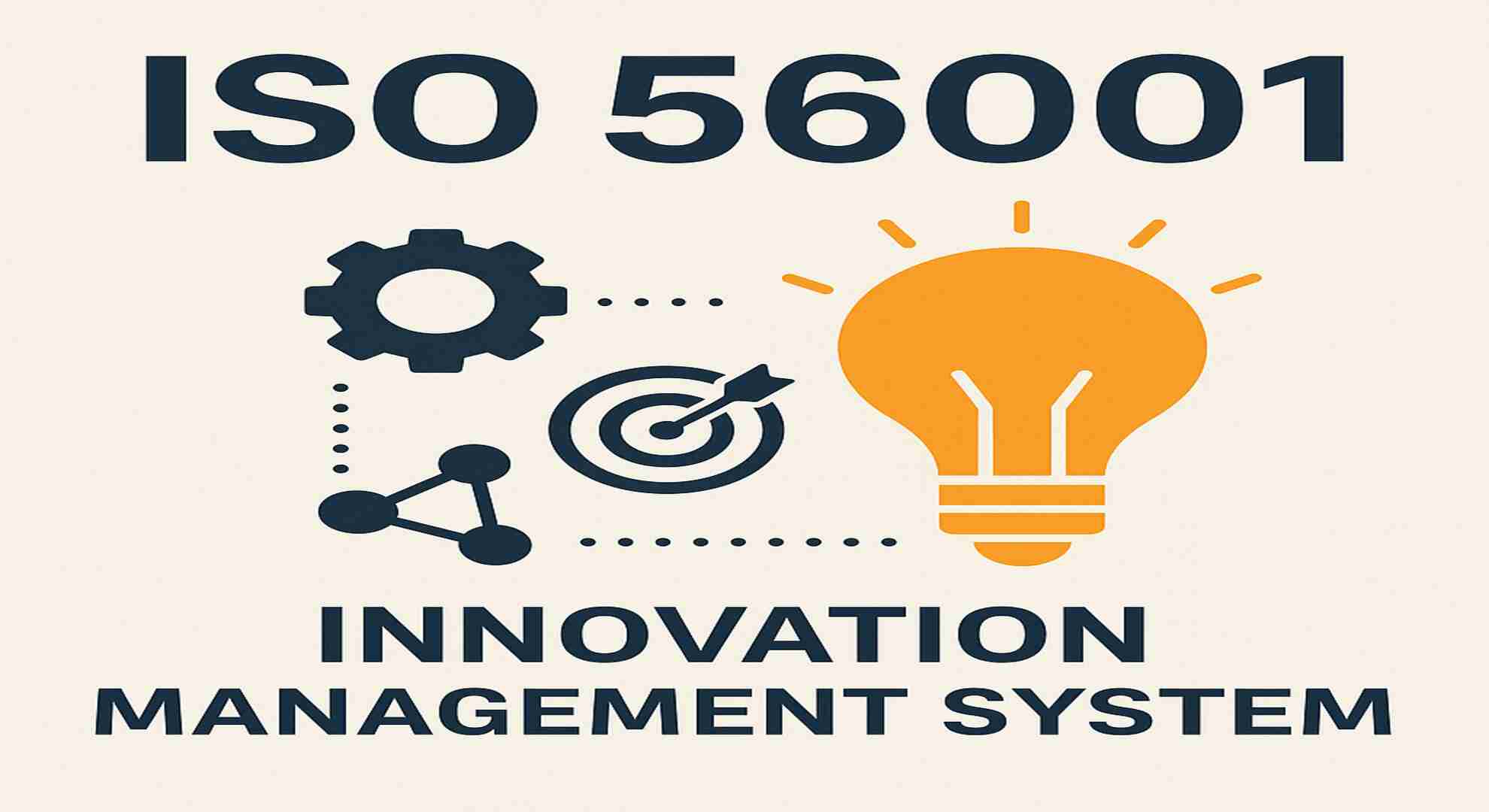In an era where technology has become the language of success, talk of artificial intelligence is no longer an intellectual luxury or a mere future trend. Today, it has become the driving force behind Digital transformation is a lever for improving efficiency and productivity in various sectors.
Artificial intelligence (AI) has radically changed the way businesses, governments, and even individuals operate, defining the speed of innovation and the quality of performance, and leading to outcomes that were not possible just a decade ago.
By combining intelligent data analysis, intelligent automation, and advanced algorithms, we can achieve productivity beyond traditional human capabilities, with higher accuracy and lower costs.
In this article, we’ll explore how AI is driving the modern wave of innovation, and how organizations can leverage it to expand their businesses and strengthen their market presence—step by step.
First: What is artificial intelligence and how is it changing the business landscape?
Artificial intelligence is a science that aims to enable systems to simulate human capabilities such as thinking, analysis, decision-making, and even learning from past experiences.
While it was previously viewed as merely an academic concept, today it has become one of the most important pillars of Digital transformation around the world.
Thanks to technologies such as machine learning and big data analytics, it has become possible to discover hidden patterns in markets and customer behavior, helping companies develop more accurate and effective strategies.
For example, E-commerce companies rely on artificial intelligence to recommend products to users that match their preferences, directly increasing purchase rates.
How does artificial intelligence boost the wave of innovation?
On the other hand, artificial intelligence represents the first gateway to sustainable innovation, as:
- Reduces the time required to develop products by automating the research and experimentation stages.
- Provides proactive insights that help organizations make informed decisions ahead of competitors.
- Accelerates data analysis and uncovers new growth opportunities.
As a result, innovation is no longer based solely on intuition, but rather on science, data, and intelligent analysis.
Second: Artificial intelligence as a tool to improve efficiency and productivity
In the modern business environment, efficiency is no longer an option but a prerequisite for survival. This is where artificial intelligence comes in to offer practical solutions that make a tangible difference.
1. Automate repetitive tasks
For example, AI can take over routine tasks like data entry, reporting, and answering queries, freeing up teams to focus on creativity and strategic analysis.
This transforms human resources from “execution” to “thinking,” which increases the organization’s value and productivity in the long term.
2. Intelligent data analysis
At the same time, algorithms contribute to Data analysis is the extraction of accurate information from massive amounts of operational data.
Companies that use AI for analytics make faster, more accurate decisions — whether in marketing, inventory management, or pricing.
This makes intelligent analysis a key pillar of any efficiency improvement strategy.
3. Support strategic decision making
In addition, AI helps decision makers predict future outcomes.
For example, it can predict market fluctuations or customer behavior, allowing companies to act proactively rather than reactively.
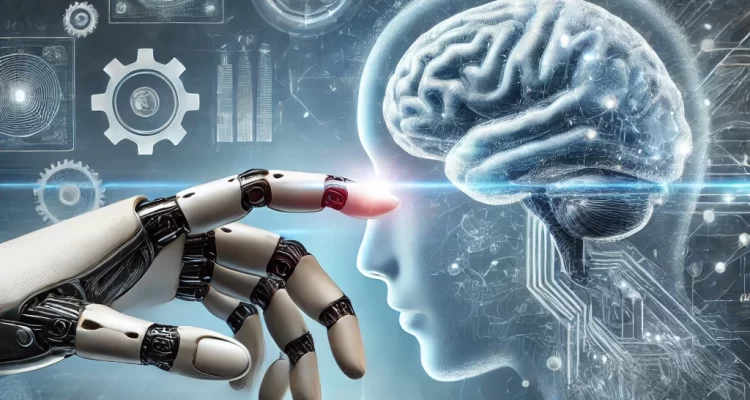
Third: Practical applications of artificial intelligence in various sectors.
1. Manufacturing sector
In smart factories, Intelligent automation systems Powered by artificial intelligence, it monitors production lines in real-time and predicts breakdowns before they occur.
This reduces downtime and improves the quality of the final product.
For example, Tesla uses artificial intelligence to analyze operational data and continuously improve the performance of manufacturing robots.
2. Healthcare sector
On the other hand, Artificial intelligence is revolutionizing the medical field.
It is used to analyze X-ray images and diagnose diseases with an accuracy sometimes exceeding that of doctors.
Medical data analysis techniques are also used. To customize treatment plans tailored to each patient’s condition, thus improving the quality of healthcare and reducing errors.
3. Financial sector
In the world of finance, AI algorithms are used to detect abnormal patterns in transactions to combat financial fraud.
In addition, artificial intelligence applications are used to provide Smart investment advice based on historical data analysis and market trends.
4. Smart education
Artificial intelligence is also beginning to reshape the educational process through adaptive learning systems.
These systems provide personalized educational content for each student based on their abilities and learning pace, enhancing academic achievement and making education more effective and enjoyable.
Fourth: Challenges of adopting artificial intelligence in the workplace
Despite the significant benefits, there are challenges facing organizations when implementing AI, the most prominent of which are:
1. Data Protection and Privacy
The more data, the higher the risk.
Therefore, companies must implement strict policies to ensure information security and prevent any data breach or misuse.
2. Cost and investment
Naturally, building a smart environment requires investments in infrastructure and modern technologies.
But in the long run, these investments yield huge returns in terms of productivity and efficiency.
3. Human skills
The need for advanced skills remains one of the most significant challenges.
AI systems require experts in data analysis, programming, and intelligent project management.
Therefore, organizations must invest in training their human resources to enable them to efficiently handle these new technologies.
4. Resistance to change
On the other hand, AI may face internal resistance from employees who fear that machines will replace them.
But the truth is that artificial intelligence does not replace humans, but rather opens up new opportunities for intelligent and creative work.
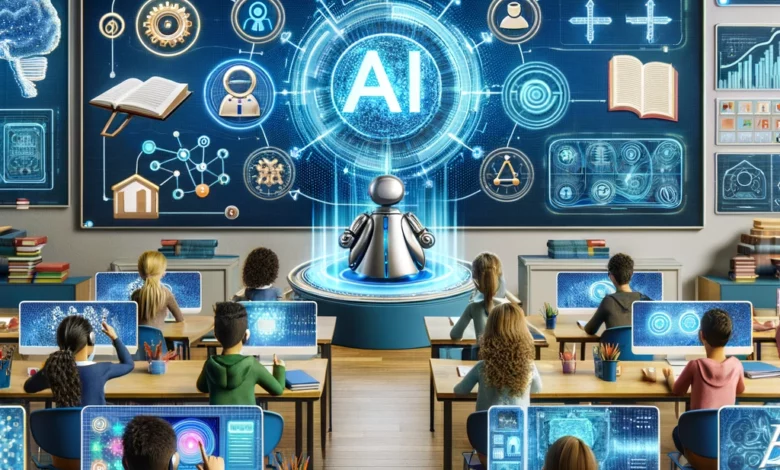
Fifth: The future of artificial intelligence in increasing productivity
The future holds greater promise.
All predictions indicate that artificial intelligence will continue to develop itself to become more capable of self-learning and adapting to changing environments.
As it continues to integrate with other technologies such as the Internet of Things (IoT) and blockchain, the efficiency of systems will increase and the accuracy of administrative and operational decisions will improve.
As companies move toward a complete digital transformation, AI will become the beating heart of any organization seeking to compete in a market that relies on speed, precision, and innovation.
Sixth: How can organizations effectively leverage artificial intelligence?
For any organization to successfully adopt AI, it must follow a clear strategy that includes:
- Clearly define goals — such as increasing productivity or improving customer experience.
- Analyze existing data to discover opportunities that AI can improve.
- Choosing appropriate smart solutions, whether through ready-made systems or developing custom solutions.
- Train teams to use new tools and get the most out of them.
- Continuous performance measurement to ensure tangible results.
With these steps, technology transforms from a facilitating tool to an effective partner in success.
It is clear that artificial intelligence is no longer just a passing technological trend, but has become The cornerstone of future innovation and improved efficiency across all sectors.
Not only does it increase productivity, it redefines the concept of success and creates a smarter, more flexible work environment.
Because the world is changing rapidly, organizations that invest in these technologies today will be the leaders tomorrow.
Those who hesitate will risk falling behind in a market that is unforgiving of latecomers.
With Reins towards a smarter future
Is your organization looking to join the AI innovation wave to achieve a real leap in productivity and efficiency in the digital age?
Start your journey towards smart transformation with Reins, a partner that combines technical expertise and future vision.
Discover how our AI solutions can transform the way you work, taking your team’s performance to a whole new level of efficiency and creativity.
Contact us today, and let’s create a smarter, more successful future together.
